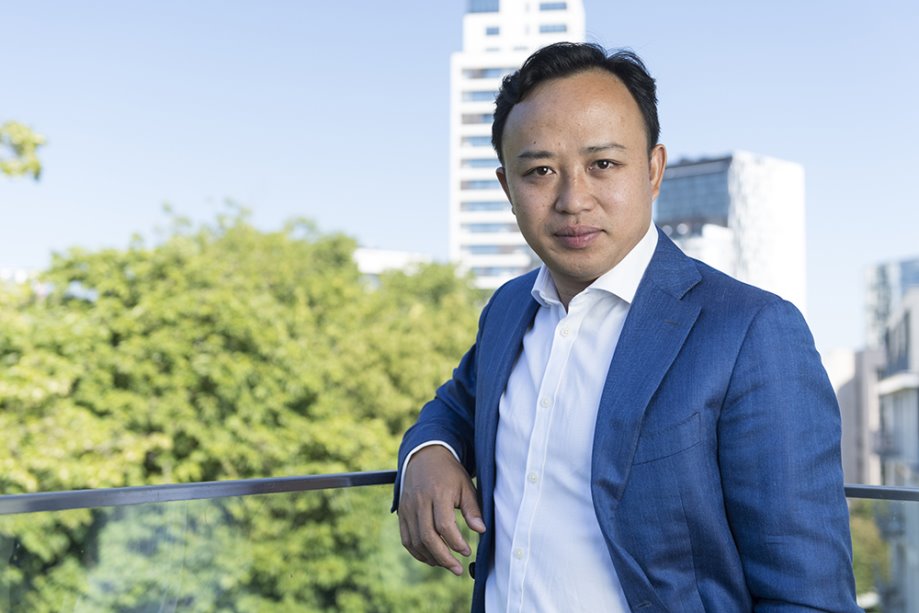“The nationalization of scientific activity – country by country – is not what the world needs at this time,” Abraham Liu, Huawei’s Chief Representative to the EU Institutions, today told a webinar for Beijing based research and science attaches from Europe and from the European Union, on the subject of research collaborations in Europe.

Abraham Liu, Huawei’s Chief Representative to the EU Institutions,
He said:
“The events surrounding Covid-19 have given us all some time to reflect upon many different issues – some are of a micro or personal scale – others have a larger macro-economic dimension.
But as the world is embarking on finding a vaccine for Covid-19, there is one clear dawning realization for us all to reflect upon.
Research, educational, private and public bodies from all different parts of the world must collaborate together in carrying out basic and applied research activities. Without intensive international engagement and co-operation society will not be able to benefit from new innovative products and services. Governments and the private sector alike must substantially invest in basic scientific research if the new products of tomorrow are going to be delivered into the global marketplace.
The process of innovation must not be confined inside any one company or geographically inside any one country. The best scientific excellence working together across borders can invent new products that positively address key social and economic challenges in the world today. That is why so many multi-jurisdictional research teams across the globe are working on finding a vaccine for Covid-19.
The same principle – namely the need for international engagement and co-operation – applies to the ICT sector and to the capability to bring new technological innovations into the marketplace.
Huawei is one of the most innovative companies in the world.
Under the EU industrial scoreboard for research and development 2019 Huawei ranks fifth in the world in terms of the levels of financial investment that the company makes in the fields of R&D. This a finding of the European Commission having surveyed 2500 companies in the world that invest a minimum of 30 million euro in R@D activity per annum.
International collaboration is at the heart of the Huawei business model when it comes to our research activities. Huawei has 23 research centres in 12 countries in Europe. We have over 240 technology partnership agreements with research institutes in Europe. We have research collaborations with over 150 European Universities. We employ 2400 researchers and scientists in Europe. Huawei is now investing 15% of our global revenues into research per annum and this level of investment is going to increase.
Europe is home to 25% of all global R@D investment. A third of all scientific publications that are reviewed in the world today emanate from European researchers. Europe is home to the best scientists in the world. And this is why so much of Huawei investment on the research side is based in Europe.
Huawei has participated in 44 collaborative research projects under both FP7 and under Horizon 2020. We have engaged in research activities that have covered, for example, 5G, cloud and device technologies and in the building of ICT platforms that will deliver the smart cities of the future. So Huawei has a strong embedded imprint on the research side in Europe for a long time and this will be the case for many years to come. In fact, Huawei’s first research facility was opened up in Sweden in the year 2000.
Horizon Europe – the next EU research, innovation and science instrument 2021-2027 will play a central role in delivering upon the policy agenda of the EU institutions. This includes strengthening the industrial strategies of the EU, delivering upon the EU Green deal and tackling the UN sustainability goals. Huawei can positively support the implementation of this exciting new EU policy agenda.
The ‘nationalization’ or ‘de-compartmentalization’ of scientific and research activity – country by country – is not what the world needs today. The public, private, educational and governmental sectors need to take an open approach to scientific engagement. This will ensure that the key global challenges facing the world today can be positively addressed for all of mankind. ”























